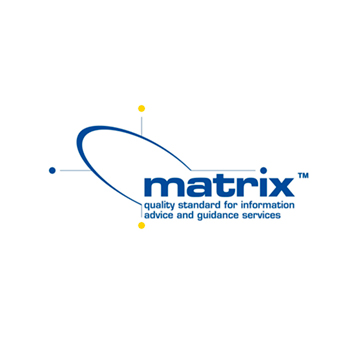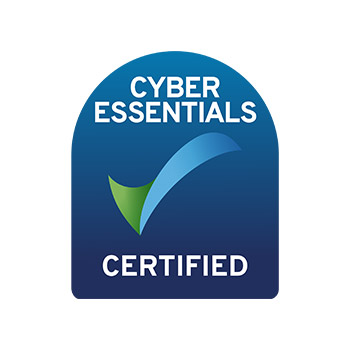
Payroll Administrator
Setting up and operating the payroll within the organisation in which they are employed or on behalf of another organisation.
Apply nowCourse Overview
Fact Sheet Payroll Administrator
Payroll Administrators will, typically, have responsibility for setting up and operating the payroll within the organisation in which they are employed or on behalf of another organisation. The role may be located within a business / organisation or in a payroll bureau, bookkeeping or accounting practice, or professional services company.
The job may sit within the HR or Finance function.
In medium to large organisations, a Payroll Administrator may work as part of a team, often reporting to a team leader, supervisor or manager. In smaller organisations, a Payroll Administrator may be a stand-alone role with sole responsibility for the payroll function.
Additionally, and depending on their role within the organisation, a Payroll Administrator may also have responsibility for the accurate and timely completion of routine and non-routine payroll-related calculations and other information.
What will you learn?
Payroll Fundamentals and Legislative Compliance
- Understand the legislative framework surrounding payroll, employment, and pensions.
- Learn about different types of workers in the UK and various pay structures.
- Gain familiarity with statutory payments, deductions, and compliance obligations.
Technical Payroll Skills
- Master manual and software-based payroll calculations, including gross-to-net pay.
- Process statutory and voluntary deductions accurately.
- Utilise payroll software and spreadsheet tools effectively.
Pensions and Auto-Enrolment
- Understand the structure of workplace pensions and auto-enrolment requirements.
- Learn about the different types of pension schemes and tax relief systems.
- Apply knowledge of pensions in payroll processing.
Regulation, Compliance and Data Protection
- Apply regulatory, compliance, and legislative standards in payroll functions.
- Understand the impact of data protection and confidentiality in payroll operations.
- Stay updated with changes in legislation affecting payroll.
Professional Skills and Behaviours
- Demonstrate effective communication and customer service skills.
- Exhibit professionalism, integrity, and adaptability in the workplace.
- Commit to continuous professional development and ethical practices.
Can I apply
for this course?
Minimum GCSE Grade 4/C (or equivalent in Maths and English) or
higher
Progression
Opportunities
All of the courses we offer at SNE are aimed to help progress your continuous professional development.
As a Payroll Administrator, you can progress to roles like Senior Payroll Administrator, Payroll Manager, HR Manager, or Compensation and Benefits Manager, with opportunities to specialise in payroll systems or move into broader finance and HR positions.
Register your interest
Get in touch with one of our experts now. They live and breathe SNE and will be able to advise you the best route for you or your business.
Apply nowLooking to empower your current staff?
Hiring an Payroll Administrator Apprentice to support your business’s needs.
We can work with you to source a suitable applicant for your business or you can up-skill your existing employees. If the Apprentice is under 19 and your business has less than 50 employees, there will be no cost for the training. If they are over 19 and/or your business has over 50 employees then you will contribute 10% towards the cost of the training.


Learner testimonial
"I had an amazing experience training SNE. I gained completely new skills which gave me the confidence to pursue something I’ve wanted to do since leaving school. I’ve always worked in jobs that I was never fully happy in but always stayed put as I felt ‘comfortable’."
Laura - Level 3 Learner



